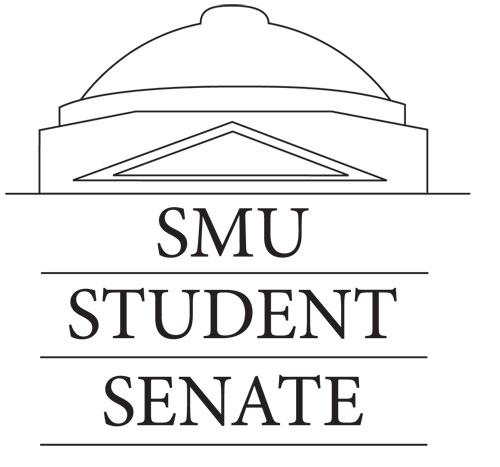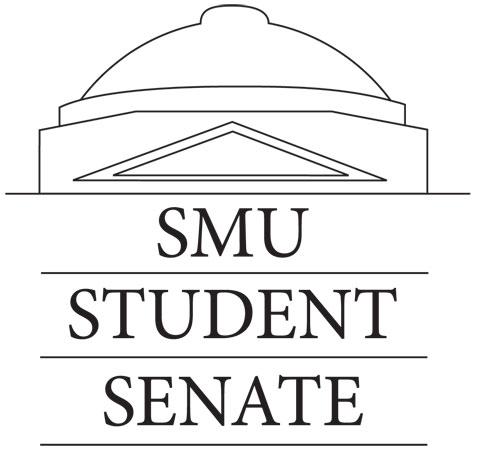
Student Senate voted to approve two revisions to the Student Code of Conduct at its meeting Tuesday.
The first revision says that events and party themes “should reflect the university’s mission in commitment to the dignity and worth of all persons and cultures.”
Former Membership Chair Roza Essaw submitted this proposal, which covers Section 3.10 in the student handbook.
The Student Code of Conduct Committee changed the wording after Essaw proposed it. The original wording banned events and party themes that were “sexually, racially, religiously or culturally offensive.”
Essaw approved the changed wording.
The second revision seeks to clarify the roles and duties of the director of student activities and multicultural student affairs. The current Student Code of Conduct lists several duties that the director no longer does.
Senate received no complaints on these proposals since their introduction at the March 29 meeting.
Sens. Sam Mansfield (Dedman II) and Catherine Essig (African-American) both voted against the measures and asked that their vote be recorded in the meeting minutes.
Neither Mansfield nor Essig had responded to requests for comments at press time.
Both of the approved Student Code of Conduct revisions are available for viewing here.
The revisions will now be sent to the President R. Gerald Turner for final approval, according to Student Body Secretary Katie Perkins.
Senate Hears the Future of Student Housing
Steve Logan, executive director of Residence Life and Student Housing (RELSH), spoke to Senate about SMU’s housing plans.
Logan introduced the residential commons concept to Senate, saying it was a hybrid of different programs from across the country. In this concept, SMU will have faculty living with students in dorms.
Logan warned Senate that the plans he presented were still under development and that they could change before they are finally put in place. But he said SMU hopes to have everything completed by 2014.
The new dorms would coincide with the addition of a sophomore-housing requirement.
According to Logan, SMU is planning to build more dorms in the space currently occupied by the Dedman Center for Lifetime Sports parking lot and the houses behind the SMU-owned Park Cities Plaza. Those dorms will also include a dining area that functions similar to Umphrey Lee.
“Nothing will happen to the stores that are currently in Park Cities Plaza,” Logan said, emphasizing that many still have leases. However, Logan said SMU is planning to do a face-lift of the Plaza.
Additionally, SMU is planning to renovate both Perkins Hall and Smith Hall.
Another change Logan presented: in the future, SMU will no longer have first-year communities. Logan said the residential commons system favors four-year communities, as it tries to get students to live in the same dorm with the same people for two years.
“The philosophy of residential commons is that people will grow” as a community, Logan said.
However, Logan said the new residential commons system would not affect the honors program or stop current theme housing. He said SMU’s goal is to preserve those themed communities. The Hilltop Scholars program would be extended to two years.
Logan also said that faculty would not be living in Greek houses, although SMU is planning to have faculty do more with Greek students living in the houses as part of the residential commons system.
Former Student Body President Wants to See More School Spirit
Former Student Body President Joseph Patterson also spoke to Student Senate, encouraging them to increase school spirit.
Patterson was SBP during the 1948-1949 academic year. Patterson was also a football player and head cheerleader. He has a Bachelor’s, Master’s and a law degree from SMU.
“We don’t have school spirit like we had in the past,” Patterson told Senate.
Patterson described the lack of school spirit that he has personally seen and described the games as a prayer meeting where you don’t get to pray.
Patterson noted that while he was at SMU, the cheerleaders’ main task was to increase school spirit and get students excited about SMU. Additionally, it was Student Senate’s job to oversee the cheerleaders, and in effect, school spirit.
Chief of Staff Alex Mace noted that the Union has mainly taken over the role of school spirit and asked Patterson what SMU should do about that.
Patterson replied that SMU should make the Union the cheerleaders and give them the task of increasing school spirit.
Students are “ready to cheer,” Patterson said, but SMU lacks someone to direct them.









